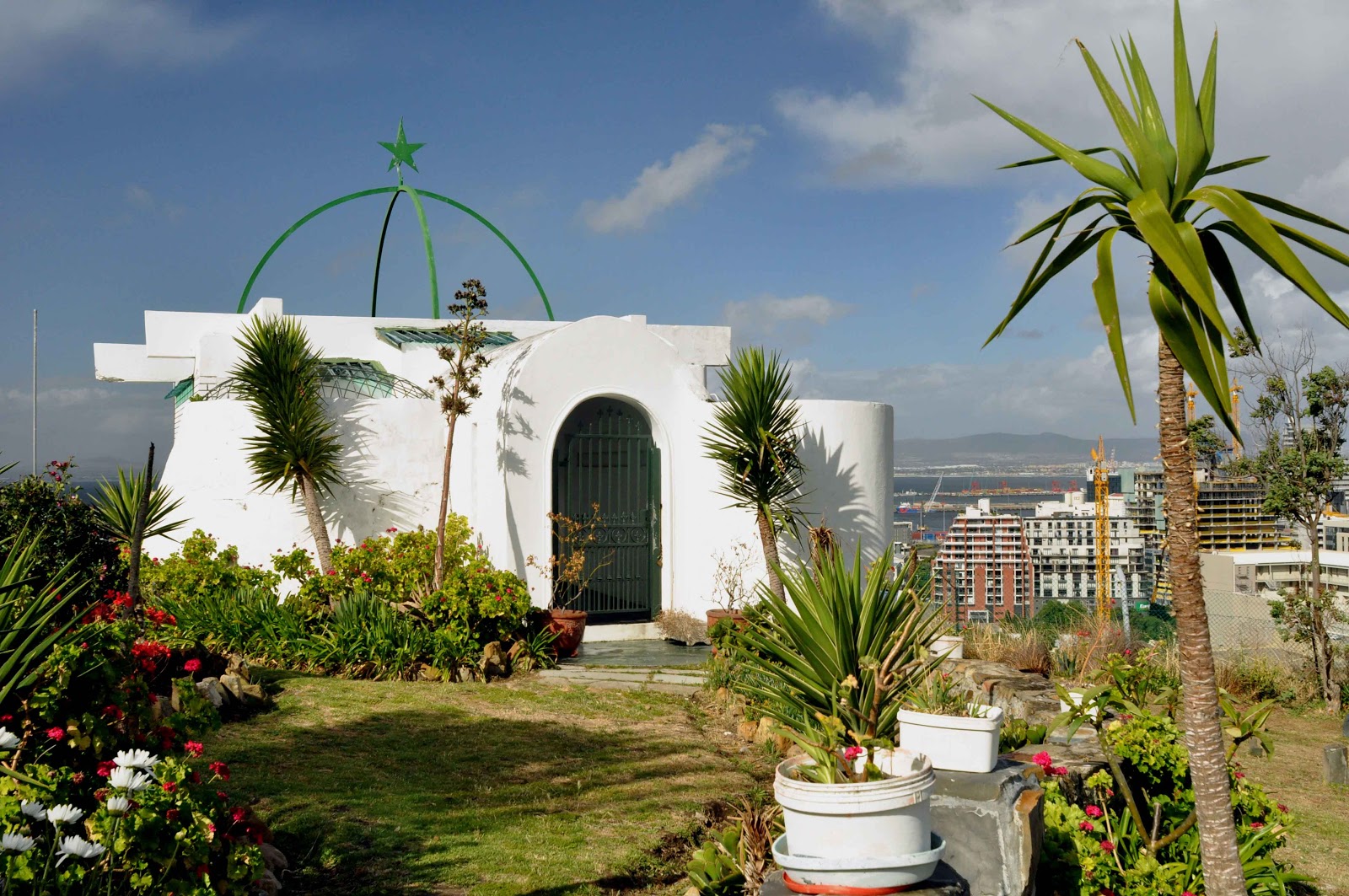“I don’t believe we really own this land. I believe it’s simply in our trust.”
Those were the words of an emotional Cassiem Abdullah, in speaking about his decades-long fight with his family to relinquish their land on the sacred Tana Baru cemetery to the Muslim community. The Abdullah-Diout family is one of two Muslim families who own two erven on the historical site, considered the first Muslim burial site in South Africa.
The two erven, which constitute 20 per cent of the cemetery, was meant to be auctioned at a reserved price of R20 million at the end of June by the respective families. However on Monday, auction group Claremart called off the sale, due to the current dispute over the land and immense public pressure from the Bo-Kaap community.
Cassiem Abdullah is the son of the late Abdullah Doutie who are the inheritors of this pocket of land. The land was acquired through a title deed that was ceded to the family by the heirs of Imam Samodien in 1975 and the land is now legally owned by two families, the Abdullah-Doutie and Regal families. Imam Samodien was one of four imams who in 1857 purchased the land for burial on behalf of and for the use of their respective congregations.
Speaking to VOC, Cassiem revealed that the dispute over the property has raged on for years and split the family. But his father had always taken a principled position to not sell the land.
“One day my mother called me to tell me that family members were at their home trying to make my father sign. When I got there, my three cousins were there with two representatives, agents for a huge construction magnate. At that time, probably in 1975, they wanted to buy the land and build the Cape Sun hotel there. This is how far this issue goes back. They [relatives] put pressure on my father up until the day he died,” he recalled.
Cassiem sought help from people such as Imam Abdurahmaan Bassier and Dr Achmat Davids, who three years later, formed the Tana Baru Preservation Trust. (Tana Baru Trust was formed 20 years later).
Dr Davids important book ‘The History of the Tana Baru’, clearly shows these two erven were acquired by the late Imam Samoudien in 1857 on behalf of his congregation for burial purposes. In fact Imam Samoudien himself is buried on one of these two erven. Although the property was registered in his name, he never regarded this to be his property as he respected the “waqaf” status of the land and, therefore, did not include this in his will.
The Tana Baru’s historical significance resides in it being the first officially recognized Muslim cemetery in South Africa. Many of the pioneers of Islam in the Western Cape like Tuan Guru, Abubakr Effendi and others are buried at the Tana Baru.
“My father always told me, we cannot sell that land. Our forefathers are buried there,” said Cassiem.
Cassiem said he was perturbed that the Claremart advertisement, which has since been removed, made no mention of the fact that the land was a sacred burial site.
In a statement, the Tana Baru trust said the advert was placed in the commercial properties section describing the property as a “rare development opportunity, with City and harbor views in a trendy location.” The aerial photographs they show of the site shows the full extent of the Tana Baru cemetery that is fully fenced. The Trust said the advert was misleading to potential buyers in that it failed to mention that the two erven forms part of a graveyard and any development on this historic heritage site is very unlikely to be approved by the authorities and will not be allowed by the community.
On Monday, some family members of the Abdullah and Regal families said they were shocked and disappointed by Claremart’s decision. This group of relatives said they are well within their right to sell the land, as they are the property owners and are paying rates which have had a huge financial burden on the family. Two relatives whom VOC News spoke to said they were angered by how this issue has played itself out and were now discussing other legal options. They did not agree to a formal interview.
Meanwhile, Cassiem reiterated that the issue had left Bo-Kaap residents incensed and more determined to fight any potential sale of historic land, more so in the wake of protests around gentrification and the preservation of heritage.
“The whole of the Western Cape have rallied behind this issue and will stop any auction from happening. Whoever will buy this land will never be able to build there. Not in our community.”
Listen to the interview here:






 WhatsApp us
WhatsApp us 

